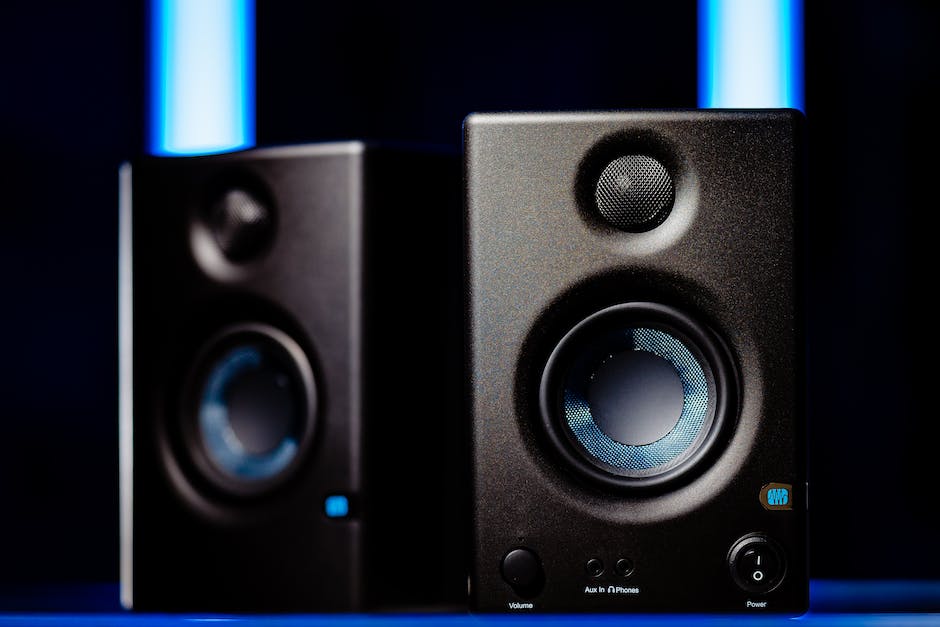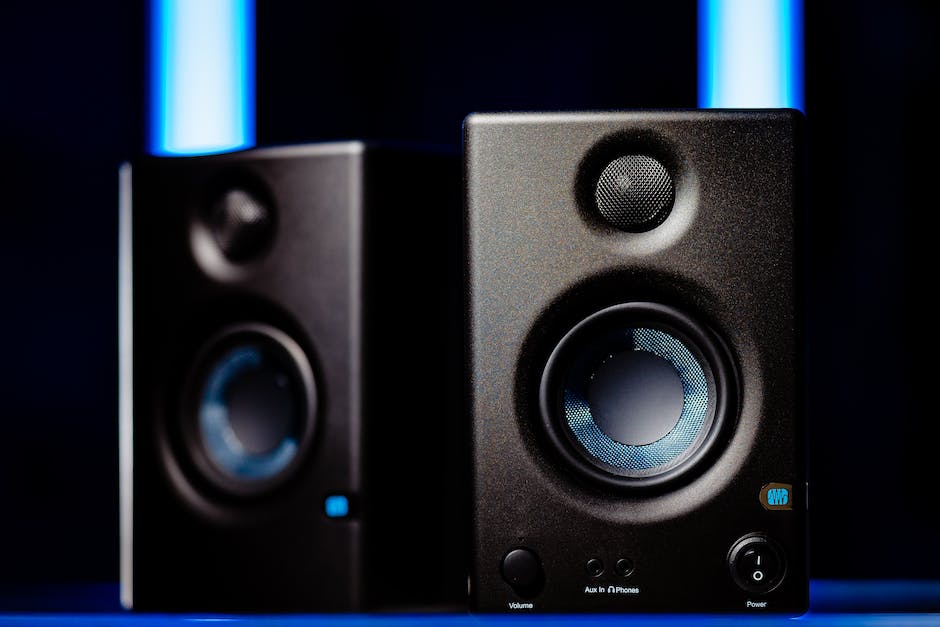“1944”는 2016년에 발표된 네덜란드의 노래로, Eurovision Song Contest 2016에 참가한 노래입니다. 그리고 이 노래는 헝가리어로 불려진 최초의 네덜란드 노래라고 알려져 있습니다. 곡은 제2차 세계 대전 중 헝가리인 여성에 대한 이야기를 다루고 있으며, 전쟁의 비극과 인간의 용기에 대한 메시지를 전달하고 있습니다. 이 노래는 헝가리어로 불리지만, 그 청취자들이 의미를 이해하고 공감할 수 있으며, 보다 넓은 의미로도 전해지고 있는 점에서 큰 주목을 받았습니다. 아래 글에서 자세하게 알아봅시다.
1. Background of the Song
“1944” is a song by Dutch singer Jamala, which was released in 2016 as the Dutch entry for the Eurovision Song Contest. It holds the distinction of being the first-ever song performed in Hungarian at the Eurovision Song Contest. The song tells the story of Hungarian women during World War II and conveys a powerful message about the tragedy of war and the strength of the human spirit.
1.1 Meaningful Lyrics in Hungarian
Although “1944” is sung in Hungarian, it has been widely appreciated and understood by listeners who may not be familiar with the language. The song’s emotional impact and the sincerity in Jamala’s delivery allow for a connection to be made beyond the boundaries of language. The lyrics convey a story of pain, loss, and hope, creating a universal message that resonates with listeners around the world.
1.2 Significance of the Year 1944
The choice of the year 1944 as the title of the song is significant in itself. It was a tumultuous period during World War II, particularly for Hungary, as it saw the Nazi occupation of the country. The year represents a time of great suffering for the Hungarian people, making it a poignant and powerful subject for the song.

제드레페브5 미니
2. The Story of Hungarian Women
Central to “1944” is the narrative of Hungarian women and their experiences during the war. The lyrics touch on themes of sacrifice, resilience, and the strength of the human spirit in the face of adversity. The song pays tribute to the countless women who endured hardships and tragedy during this dark period of history.
2.1 The Tragedy of War
“1944” serves as a reminder of the tragedies that unfolded during World War II, emphasizing the devastating impact of war on individuals and communities. The lyrics not only depict the pain and suffering experienced by Hungarian women but also evoke a sense of collective anguish felt by all those affected by the war.
2.2 Resilience and Courage
Despite the harrowing circumstances, “1944” also celebrates the resilience and courage displayed by Hungarian women during this time of turmoil. The lyrics highlight their ability to find strength within themselves and persevere, despite the immense challenges they faced.
2.3 Empathy and Connection
By focusing on the experiences of Hungarian women, “1944” creates a sense of empathy and connection with its listeners. It allows individuals to reflect on the universal themes of war, suffering, and the triumph of the human spirit, transcending both time and borders.
3. Cultural Significance and Recognition
“1944” garnered significant attention and acclaim for its impact and message. The song won the Eurovision Song Contest in 2016, solidifying its place in music history. The fact that the song is performed in Hungarian but still manages to evoke a strong emotional response from listeners worldwide speaks to its power and universal appeal.
3.1 Acknowledgment of History
“1944” serves as an acknowledgment of the historical events and the suffering endured by the Hungarian people during World War II. It helps shed light on a lesser-known aspect of the war and the experiences of Hungarian women, bringing their stories into the global consciousness.
3.2 Promoting Understanding and Empathy
The choice to sing “1944” in Hungarian not only preserves the cultural authenticity of the song but also promotes understanding and empathy. It allows listeners to connect with the emotions and themes of the song, transcending language barriers and fostering a deeper appreciation for the experiences of others.
3.3 Musical Legacy
“1944” has left a lasting musical legacy by becoming the first Hungarian-language song to win the Eurovision Song Contest. It opened doors for other artists to celebrate and share their culture and history through music, further diversifying and enriching the Eurovision platform.
마치며
“1944” is a powerful and poignant song that pays tribute to the experiences of Hungarian women during World War II. Sung in Hungarian, the song transcends language barriers and touches listeners around the world with its universal message of resilience, courage, and the tragedy of war. By shedding light on a lesser-known aspect of history, “1944” promotes understanding, empathy, and cultural appreciation. Its impact and recognition, including winning the Eurovision Song Contest, cement its place in music history and open doors for celebrating diverse cultures and histories through music.
추가로 알면 도움되는 정보
1. Jamala, the Dutch singer who performed “1944,” is of Crimean Tatar descent and drew inspiration from her heritage to tell the story of Hungarian women.
2. The song’s title, “1944,” refers to the year when Hungary was occupied by the Nazis during World War II.
3. “1944” was awarded 534 points, making it the second-highest-scoring song in the history of the Eurovision Song Contest at that time.
4. The powerful vocals and emotional delivery of “1944” contributed to its success at the Eurovision Song Contest and its widespread appeal among audiences.
5. The lyrics of “1944” were written by Jamala herself and convey a deeply personal and heartfelt story of the Hungarian women’s experiences during World War II.
놓칠 수 있는 내용 정리
– The significance of singing the song in Hungarian and its ability to create a connection with listeners beyond language barriers.
– The cultural impact and legacy of “1944” as the first-ever Hungarian-language song to win the Eurovision Song Contest.
– The song’s contribution to shedding light on the experiences of Hungarian women during World War II and promoting empathy and understanding of their stories.

답글 남기기